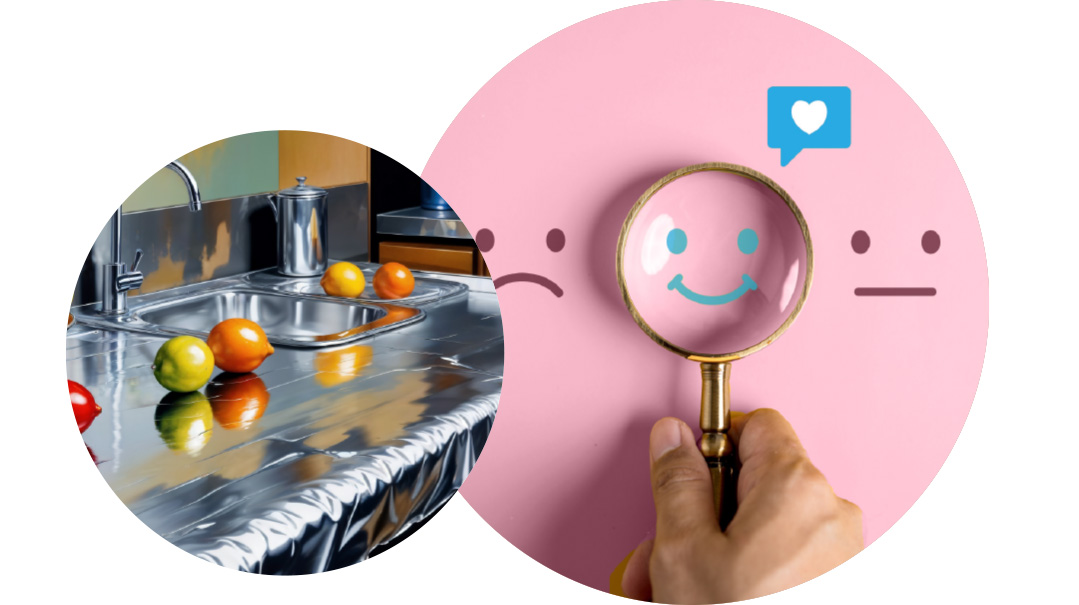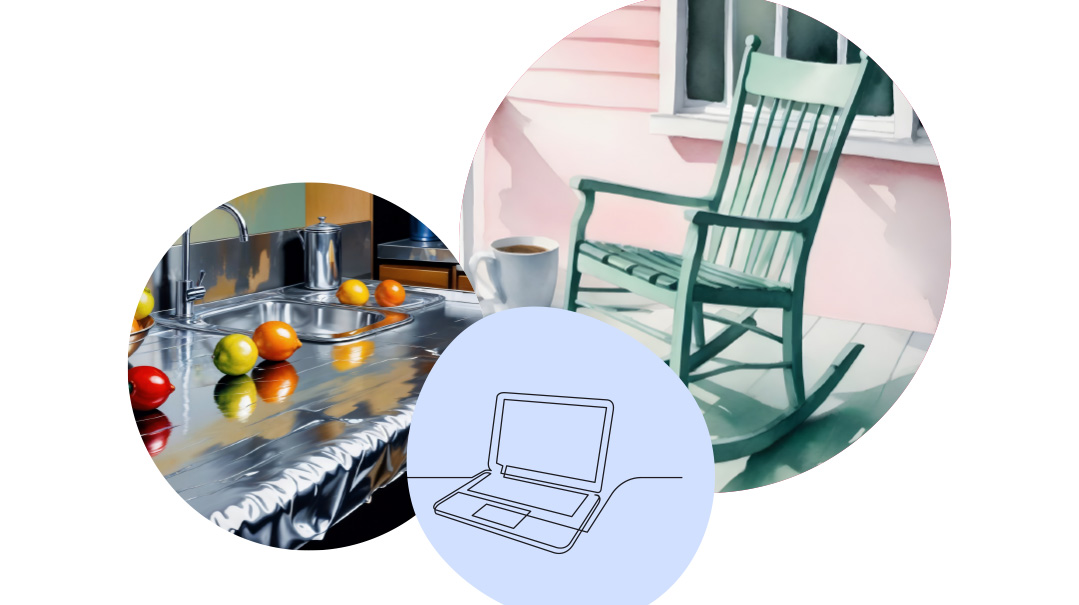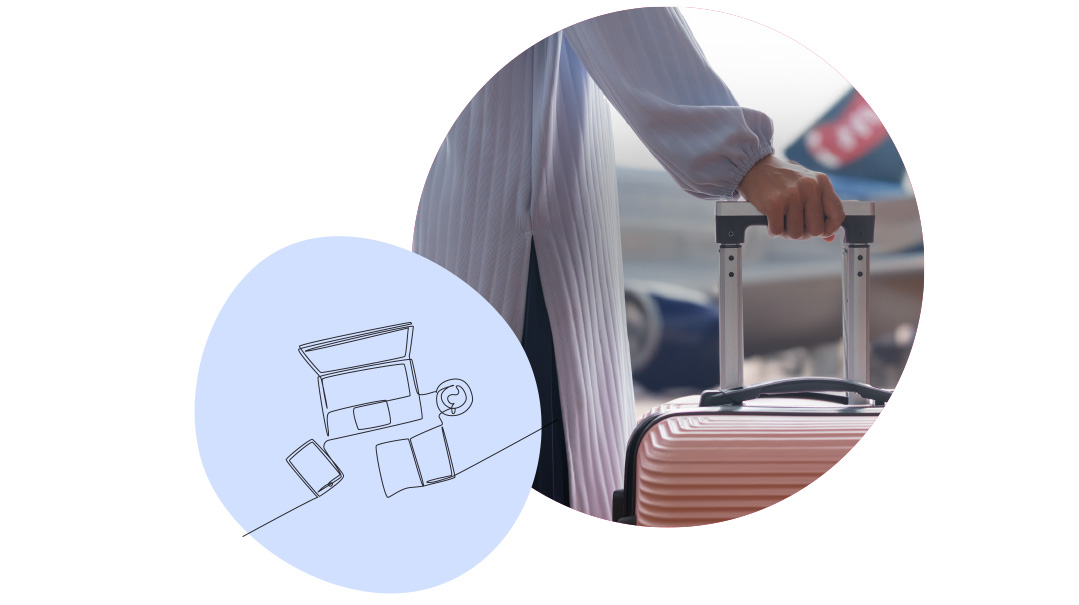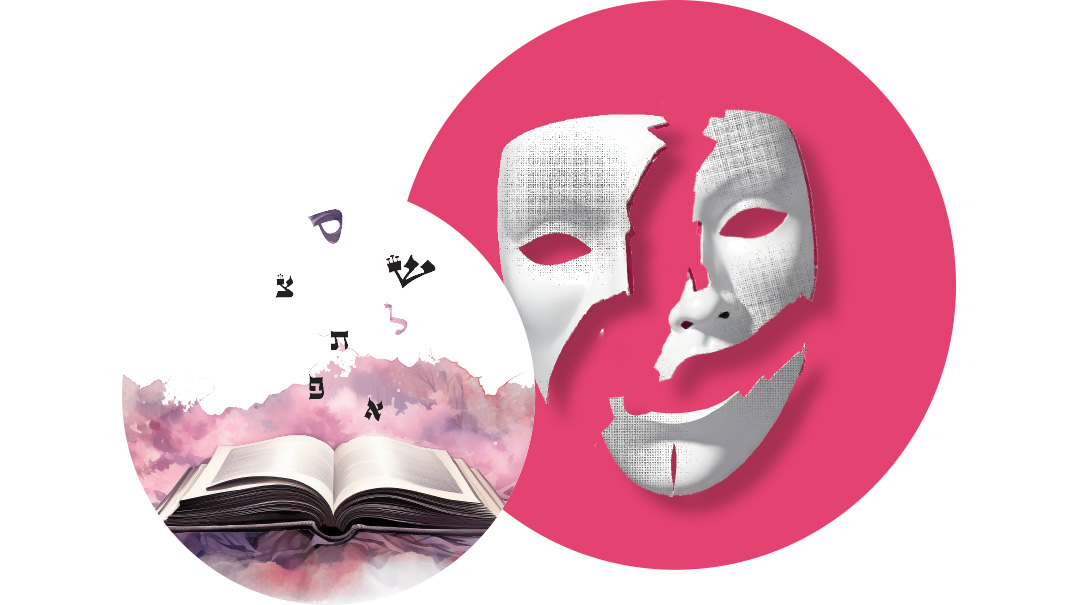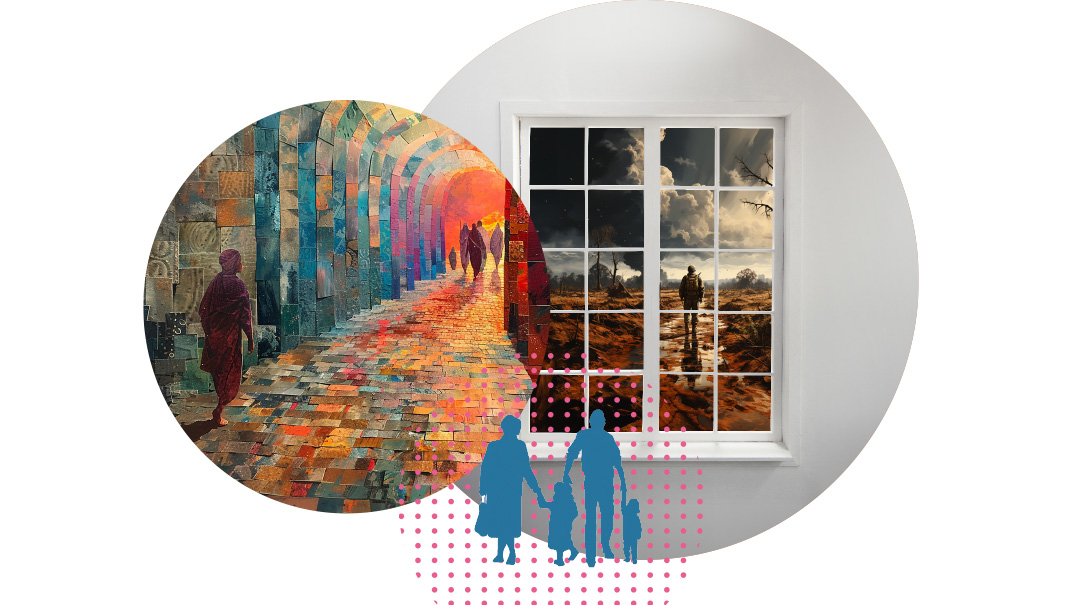Family First Inbox: Issue 859

“Toddlers don’t need to be taught how to be happy — it’s their birthright, and it’s ours as well”
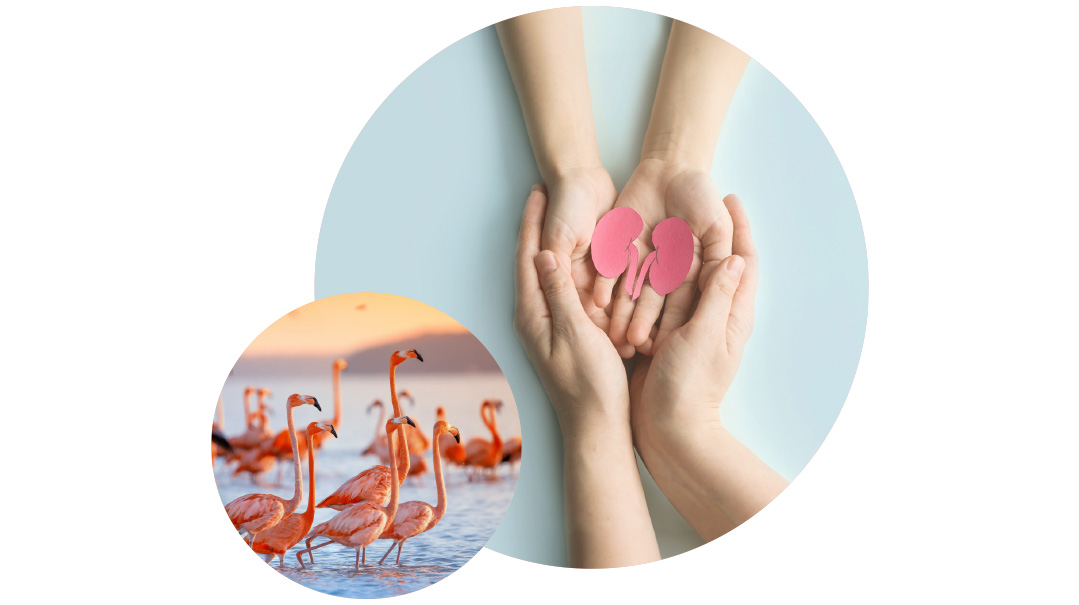
My Kidneys Sing [Now, That’s Giving! / Issue 857]
I was so gratified to read the article about different families’ experiences with kidney donation. As a kidney donor myself, I passionately believe in the value and virtue of publicizing stories of kidney donation, particularly those of women donors. I felt many of my own experiences mirrored within the article, though I donated in Canada, and I had the zechus to donate to my father.
When awaiting our surgery date, I took upon myself to daven for 40 consecutive days at the Kosel to beg for the success of the surgery. The closeness I felt to Hashem as a result of this pilgrimage was transformative. It was an intensely spiritual experience.
When waiting for the anesthesia to kick in, I was told to visualize a place I wanted to be. I closed my eyes and saw myself on a beautiful sunny day standing in front of the towering stones, and felt an incredible sense of peace (though after reading the article, I wish I had had the presence of mind to declare, “Hineni muchan umezuman l’kayeim mitzvas aseh shel kabeid es avicha v’es imecha.”) When, three days after the surgery, I ventured two floors down in the hospital to visit my father and heard him say asher yatzar as his body began to work properly for the first time in over seven years, I cried.
On my 40th day at the Kosel, I broke down in tears. In a powerfully affecting display of ahavas chinam, a woman I’d never met before and will likely never meet again, laid her hand on my shoulder and said, “Yehi ratzon sheyimalei kol mish’eiloseich l’tovah — Hashem should fulfill all the wishes of your heart in a positive way,” and continued on her way away from the Wall. The chizuk and love I felt from that simple expression of concern and empathy was indescribable.
Once I returned home to Yerushalayim and had recovered, I did another 40 days at the Kosel out of hoda’ah to Hashem for granting a successful surgery and restoring my father’s health. For every “please” I’d said, I sang a “thank-You.”
The feelings I have about being granted the gift of having a chelek in this mitzvah are so big and so overwhelming that I can only occasionally take them out of their place in my heart, tiptoe around them to take a peek, and then hurriedly put them back. I unquestionably share the mitzvah with my husband who wholeheartedly supported me, and my siblings who stepped in to watch my children or joined me at my parents' home to ease the recuperation period.
Until we merit the Geulah and know no more sickness, may those who have chosen to donate their kidney continue to enjoy good health until 120, and may others be inspired to follow in their wake and know the indescribably awesome feeling of "v’chol kerev u’chlayos yizamru liShmecha.”
DK
Yerushalayim
I Learned How to Be Happy [Family Connections / Issue 857]
I truly appreciated the openness and vulnerability of the question by the 34-year-old woman who struggles emotionally, whose mother refused to go to therapy. I also really value the wisdom Mrs. Radcliffe shared. As I’ve had a similar journey, I want to bring evidence for Mrs. Radcliffe’s approach and hopefully bring this woman, and other women with this issue, more hope.
I, too, grew up in a home where my mother had many emotional struggles. She was often unhappy and extremely critical. Seemingly small choices I made would trigger huge emotional responses from her. For example, I forgot to bring the laundry she’d left for me on the steps up to my room. This triggered a volatile verbal explosion as she ranted that I didn’t appreciate her efforts to do laundry and care for the home.
Living in this reality made me yearn for peace and calm. I’d bend over backward to try to make her happy, but found that rarely worked. In my mind I felt there must be something wrong with me, since my own mother was upset and frustrated with me so often. I also thought I couldn’t listen to my inner truths and feelings because, clearly, they were leading me in the wrong direction.
After I was married, I struggled to separate from my mother and felt a lot of anxiety prior to visiting her, or when she’d visit us. I also struggled with postpartum depression and was very insecure in my parenting for many years, as I knew I wanted to create an environment that was very different from what I had when I was growing up, but didn’t feel capable of that.
I’m so grateful to share that I now live in a different emotional reality. While my mother hasn’t really changed, I did a lot of personal work in therapy as well as learned a variety of modalities, such as innate health through the Twerski Wellness Center.
I began to separate her voice from my reality and learned to appreciate myself and the efforts I put in to be my best self. I realized we live in the reality of our thinking and that we have the capacity for new thoughts every second. I now understand that I kept myself focused on those negative thoughts, and that made things more challenging. Now, I find that when I just notice the thoughts I have, they pass more quickly and my mood lifts.
An analogy I was given is to a cork placed in a bowl of water. It will naturally pop to the top as long as I don’t keep pressing it down.
I’ve learned to live with more compassion for myself and my patterns of thinking, and I’ve also developed more compassion for my mother. I’ve come to understand that she did the best she could with the tools she had. The most amazing thing I’ve found is that as I’ve changed, and I look at her differently, she, too, responds better and we have a very different relationship — without her doing any therapy or even speaking at all about the challenges in the past.
I want you to know that you have within you everything you need to be happy. Toddlers don’t need to be taught how to be happy — it’s their birthright, and it’s ours as well.
By doing your own inner work, as recommended by Mrs. Radcliffe, you can live in the reality that you yearn for and as you do so, I pray that you find that all your relationships — with yourself, with others, and even with your mother, change to become more pleasant — no matter what choices your mother makes.
I can be reached through Family First to speak to and support women in similar situations.
A Happy Mother
Off the Plane and into the Kinneret [SisterSchmooze / Issue 856]
Four years ago, I read a SisterSchmooze in which Marcia shared her story of swimming the Kinneret for Sadnat Shiluv. I immediately put it on my bucket list, but was unable to make it the following year.
Then Covid came.
Finally, last year I signed up and started training.
My flight the day before the swim was my aliyah flight, and it was disappointingly anticlimactic. It seemed to be just a matter of paperwork and more paperwork. I needed to feel something deeper to make my arrival meaningful. So the next day, halfway through the swim, I stopped in the middle of the Kinneret, looked up at the bluest, blue sky that can be found only in Eretz Yisrael, and sent a silent prayer of thanks to the One Above.
So, Emmy Leah, here’s another moment from a “swimming buddy,” albeit a year earlier.
Thanks for sharing your adventures and your inspiration.
Chanie Mandel
Too Much to Juggle [Redefining Self-Care / Issue 854]
While I’m all for self-care (even manicures and such, despite now knowing that’s not the default equation for practicing it), I’m confused about the contradiction between the articles that suggest I need to accept my reality and align it with Hashem’s, and the articles on trauma experiences, which tell us it’s trauma that causes our kids to… take your pick: be estranged from religion, parents, and themselves.
If with the time constraints the average mother has on the average day with an average family size of, let’s say, five children... it’s virtually impossible to meet everyone’s needs as well as her own. And that will surely create a “drop-the-ball” effect, culminating in the mother’s nervous breakdown or the child’s, chas v’chalilah.
How do we create spaces for ourselves, that are truly for ourselves, without impeding on the emotional, spiritual, or physical growth of our kids?
It’s a juggling act.
After reading the self-care article, I can accept the past as what it had to be, recognizing it was His Will. But I have a really hard time not worrying that my future self and family will need to practice major self-care of their own one day because I was busy accepting my situation.
To sum it up, I’m confused about who should be the last man standing.
Chaia Frishman
(Originally featured in Family First, Issue 859)
Oops! We could not locate your form.

